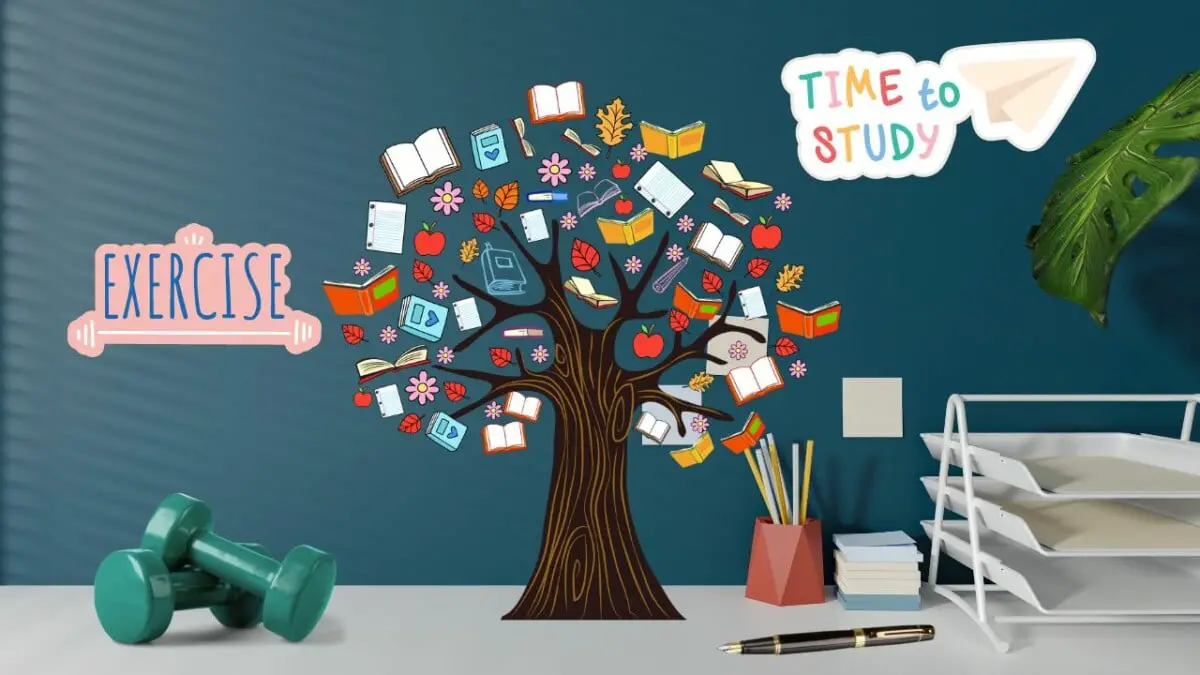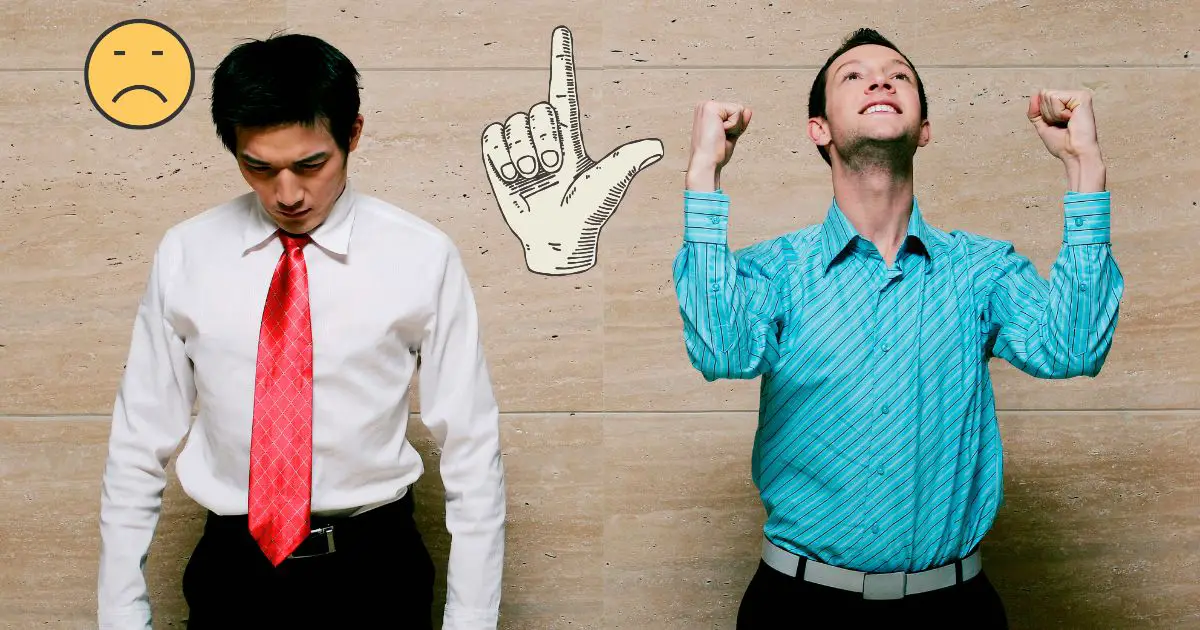Individuals often pursue personal growth and development, grappling with the concept of accepting their weaknesses. The emphasis society places on strengths and success can create a counterintuitive perception towards acknowledging and embracing your limitations. Nevertheless, when individuals confront their weaknesses, accepting them triggers profound transformation, surprisingly boosting confidence as a result.
Delving into the transformative process’s intricacies, this article explores its psychological underpinnings and practical strategies. It emphasizes acceptance’s profound impact on an individual’s journey toward heightened confidence.
Recognizing and accepting your weaknesses is a crucial step toward understanding your strengths. By understanding where your weaknesses lie, you gain the insight needed to focus on strengthening those weaknesses. Simultaneously, this self-awareness also reveals your strengths.
Knowing your strengths allows you to recognize and embrace your expertise giving you the confidence needed in areas where you feel strong or knowledgeable. As you work on developing your weaknesses and become more well-rounded, the confidence gained in one area can positively carry over to other aspects of your life, allowing you to be a super confident person.

Understanding the Psychology Behind Acceptance
One does not equate the acceptance of their weaknesses with resignation or defeat. Rather, it symbolizes an intricate comprehension of oneself. This form of acceptance is fundamentally based on self-awareness, a pivotal element within emotional intelligence from a psychological perspective.
By acknowledging and accepting their limitations, individuals can lay the foundation for self-compassion, an essential ingredient in fostering confidence. Research conducted by Dr. Kristen Neff emphasizes a positive correlation between self-compassion and overall health. It establishes an empowering foundation for boosted confidence.
Neurologically, studies indicate self-awareness triggers activation in the prefrontal cortex which is a brain region linked to decision-making and emotional regulation. This not only amplifies emotional intelligence. It also fosters a deeper comprehension of personal strengths and weaknesses. Embracing this awareness empowers individuals. They navigate life’s challenges with heightened resilience and bolstered confidence.
- Neurological Impact: Self-awareness, a result of acceptance, activates the prefrontal cortex, fostering better decision-making and emotional regulation.
- Holistic Understanding: Acceptance goes beyond acknowledging weaknesses; it involves a holistic understanding of oneself, integrating both strengths and limitations.
The Liberating Power of Vulnerability
Often, vulnerability bears a negative connotation. Yet, embracing it can indeed serve as an impactful catalyst for personal growth. Acknowledging one’s weaknesses allows one to expose oneself to the transformative power inherent in vulnerability. This openness not only fosters connections with others who endure similar trials but also creates a supportive community, a crucial aspect of individual development at any level.
Not only does sharing vulnerabilities diminish the stigma often linked to perceived weaknesses, but it also underpins the notion that everybody encounters challenges. This mutual human experience cultivates empathy. This is a factor that propels an individual’s confidence even further.
Psychology research suggests a compelling shift in perspective. Vulnerability, contrary to common perception, is not merely a sign of weakness. It’s indeed an embodiment of courage. Embracing this courageous manifestation can lead not only to enhanced emotional resilience but also to the forging of robust interpersonal relationships. Thus, redefining vulnerability as more than just a liability becomes a strength itself.
- Courageous Vulnerability: Research highlights that embracing vulnerability is a courageous act linked to increased emotional resilience.
- Strength in Shared Experience: Opening up about vulnerabilities fosters empathy and connection, turning shared challenges into sources of strength.

Building Resilience Through Acceptance of Weakness
An empowering act, not a passive one is accepting weaknesses fuels resilience. When individuals courageously confront their limitations, they initiate an invigorating journey toward self-improvement. This proactive approach cultivates the crucial skill of resilience, enabling them to rebound effectively from setbacks.
Resilience, indeed, constitutes a vital element of confidence. It is the acknowledgment that setbacks form an intrinsic part of our human experience that equips us to confront challenges with positivity and ultimately enhances self-assurance.
Accepting weaknesses not only fosters individual resilience but also contributes to a resilient community. This community embraces diversity, recognizing and valuing the unique strengths and weaknesses of each other. Such communities demonstrate increased adaptability. They are better equipped for collective challenges.
- Community Resilience: Acceptance within communities fosters collective resilience, allowing diverse strengths and weaknesses to contribute to shared growth.
- Proactive Adaptability: Acknowledging limitations proactively allows individuals and communities to adapt and thrive in the face of challenges.

Kazushi Sakuraba, one of the greatest Japanese fighters, faced three defeats against Wanderlei Silva. Despite setbacks, he displayed remarkable humility by acknowledging his weaknesses. In pursuit of improvement, Sakuraba made a noteworthy decision—he chose to train at Wanderlei Silva’s fight camp, demonstrating a commitment to enhancing his skills and learning.
Empowering Self-Talk and Positive Affirmations
Internal dialogue reshapes its form, transforming from self-criticism to self-compassion as one accepts their weaknesses. The confidence levels we possess significantly depend on the language we internally use.
When individuals accept and reframe weaknesses as growth opportunities, they cultivate a more positive self-narrative. Further reinforcing this shift incorporates positive affirmations. It creates a mindset that not only embraces challenges but also perceives them as opportunities for growth. The profound ripple effect of empowering self-talk extends beyond just confidence and significantly influences overall health.
The transformative power of self-talk aligns with Cognitive-behavioral therapy (CBT) principles. It identifies and challenges negative thought, and promotes a shift towards more constructive, affirming internal dialogue. Integrating these principles into daily life enhances effectiveness and consequently boosts confidence in building lasting confidence.
- CBT Integration: Principles of Cognitive-behavioral therapy can enhance the effectiveness of positive self-talk in building lasting confidence.
- Daily Practice: Consistent integration of empowering self-talk and positive affirmations is key to establishing a resilient and confident mindset.
Navigating Personal Growth Without Comparison
The saturation of our world with social media and incessant comparisons makes accepting weaknesses a potent tool for combating comparison’s detrimental effects. When we recognize that each person possesses unique strengths and weaknesses, this disarms the toxic practice of evaluating self-worth against others.
The transition to self-acceptance propels us into cultivating more authentic, enduring confidence, one free from external validations. Embarking on the journey towards personal growth fosters an authentic, personalized experience. This in turn cultivates a profound sense of accomplishment and self-worth.
Research reveals that constant comparison often triggers a negative effect on mental health. Here lies the paradox. However, embracing individuality and accepting one’s unique journey serve as potent forces to counteract these pitfalls of comparison. This promotes not just healthier self-perception but also fosters positivity within us.
- Individual Authenticity: Embracing individuality fosters a sense of authenticity, steering personal growth away from the pitfalls of constant comparison.
- Mental Health Impact: The negative impact of constant comparison on mental health emphasizes the importance of self-acceptance.
Conclusion
Conclusively, the path to confidence intricately weaves through accepting one’s weaknesses. Rather than hindering it, admitting limitations propels profound personal growth.
Understanding the psychology of acceptance, embracing vulnerability, constructing resilience, and nurturing positive self-talk all contribute toward navigating personal growth without comparison. This paves the way for unshakable confidence in individuals. Not in denying weaknesses, but leveraging them as stepping stones towards a more empowered and confident self, that’s where the transformative power of acceptance truly resides.





